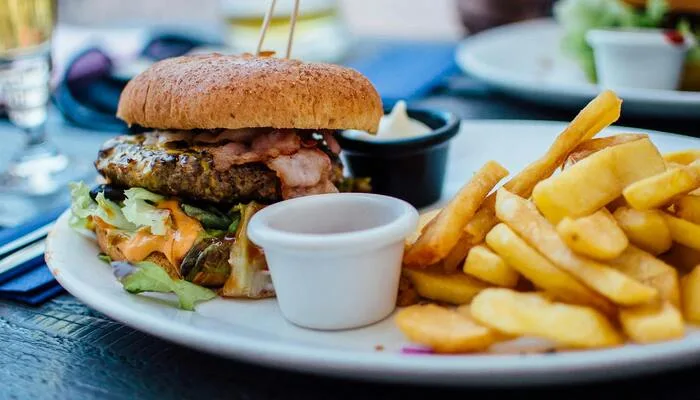New research shows a strong connection between diet and mental health. Experts believe ultra-processed foods can increase the risk of depression. Dr. Daniel Amen, a California-based psychiatrist, warns that food choices affect brain function and mood.
Dr. Amen highlights the gut’s critical role in brain health. In a recent TikTok video, he explained how poor diets disrupt mental stability. “If you have an ultra-processed food diet, you have a dramatically increased risk of struggling with depression,” he said.
The gut-brain axis is a communication system between the digestive system and the brain. Stress can disturb digestion, while poor eating habits can harm gut bacteria. These disruptions lead to mood swings, anxiety, and mental fog.
The Hidden Dangers of Poor Diets
The gut microbiome contains over 100 trillion microbes, including bacteria, fungi, and viruses. Dr. Amen compares them to “pets” that need proper nourishment. “You have to feed your gut bugs healthy foods—fiber, colorful fruits and vegetables, and healthy protein—for your gut to support your brain,” he advised.
Studies from the National Institutes of Health (NIH) link junk food to several health issues:
- Obesity
- Type 2 diabetes
- Heart disease
- Digestive disorders
- High blood pressure
- Depression
How to Improve Mental Health Through Diet
Experts suggest simple dietary changes can improve mental health. They recommend:
- Eating whole, unprocessed foods
- Increasing fiber intake from whole grains, legumes, and vegetables
- Consuming probiotics and fermented foods
- Reducing sugar and processed food consumption
With growing evidence linking diet and mental health, experts urge people to rethink their food choices. Dr. Amen’s research suggests that eating well is a crucial step toward emotional stability. Those struggling with depression or anxiety may benefit from a healthier diet.
Follow us on Google News, Instagram, YouTube, Facebook,Whats App, and TikTok for latest updates
